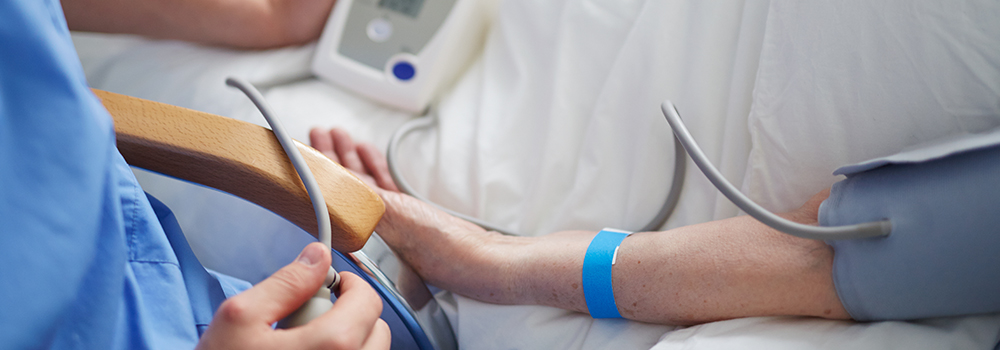Department Introduction
Emergency | Excellence
:::

It is critical that severe trauma must be treated within 60 minutes; therefore, “sending the right patient to the right hospital at the right time” is crucial. PTSD is another issue after recovery. Big hospitals usually have an integrated treatment package for severe trauma care in response to the needs of people in modern society.
Excellence
The hospital is a grade 1 trauma center in Taiwan and receives the biggest number of emergency patients in central Taiwan: about 10,000 people each month. A series of first-aid measures are activated the moment a patient comes in: from maintaining basic vital signs to diagnosis, emergency meeting, etc. With the support from various specialties, the emergency division has standardized most procedures to reduce human error.
The range of acute and severe traumatic injuries includes: 1) abdominal emergency like appendicitis, acute cholecystitis, intestinal obstruction, perforation of peptic ulcer, peritonitis, and 2) accident injuries like burns, head trauma, fractures, cerebral hemorrhage, and stroke.
According to MOHW statistics, the number of deaths from accident injuries was among the top 10 causes of death and one of the most common causes of hospitalization in Taiwan. One out of six in-patients comes in for accident injury reasons.

It is critical that severe trauma must be treated within 60 minutes; therefore, “sending the right patient to the right hospital at the right time” is crucial. PTSD is another issue after recovery. Big hospitals usually have an integrated treatment package for severe trauma care in response to the needs of people in modern society.
We have attending doctors in all specialties on call 24 hours a day. If an emergency doctor gets a major trauma case in the ER, he informs the attending trauma surgeon on duty. If the conditions are serious enough, code “Trauma blue” will be activated. The entire trauma team will arrive within 10 minutes to treat the patient in time.
The trauma center has an OR for traumatic emergency surgery, traumatic orthopedics, neurosurgery and other trauma-related specialties. Priority is set according to the urgency of the condition. Surgical types include rescue surgery, emergency surgery, and general surgery.
Our Critical Care & Traumatology Center has ICUs for trauma and neurosurgery, and has special attending physicians on site who decides the priority of taking in new patients and transferring old patients to other divisions.
Acute stroke treatment
Emergency physicians are responsible for acute stroke patients. Necessary treatments are completed within 40 minutes after arrival. We consult neurology and surgical physicians if necessary, and guarantee to provide complete care and proper treatment. We emphasize continuous care as we have total grasp of the patients’ conditions and the development of their situation.
Acute myocardial infarction treatment
Our emergency physicians are able to complete necessary procedures in time for ST segment elevation acute myocardial infarction patients before physicians from cardiovascular center arrive to carry out cardiac catheterization intervention treatment. Timely treatments improves patient prognosis and reduce sequelae.
▲
